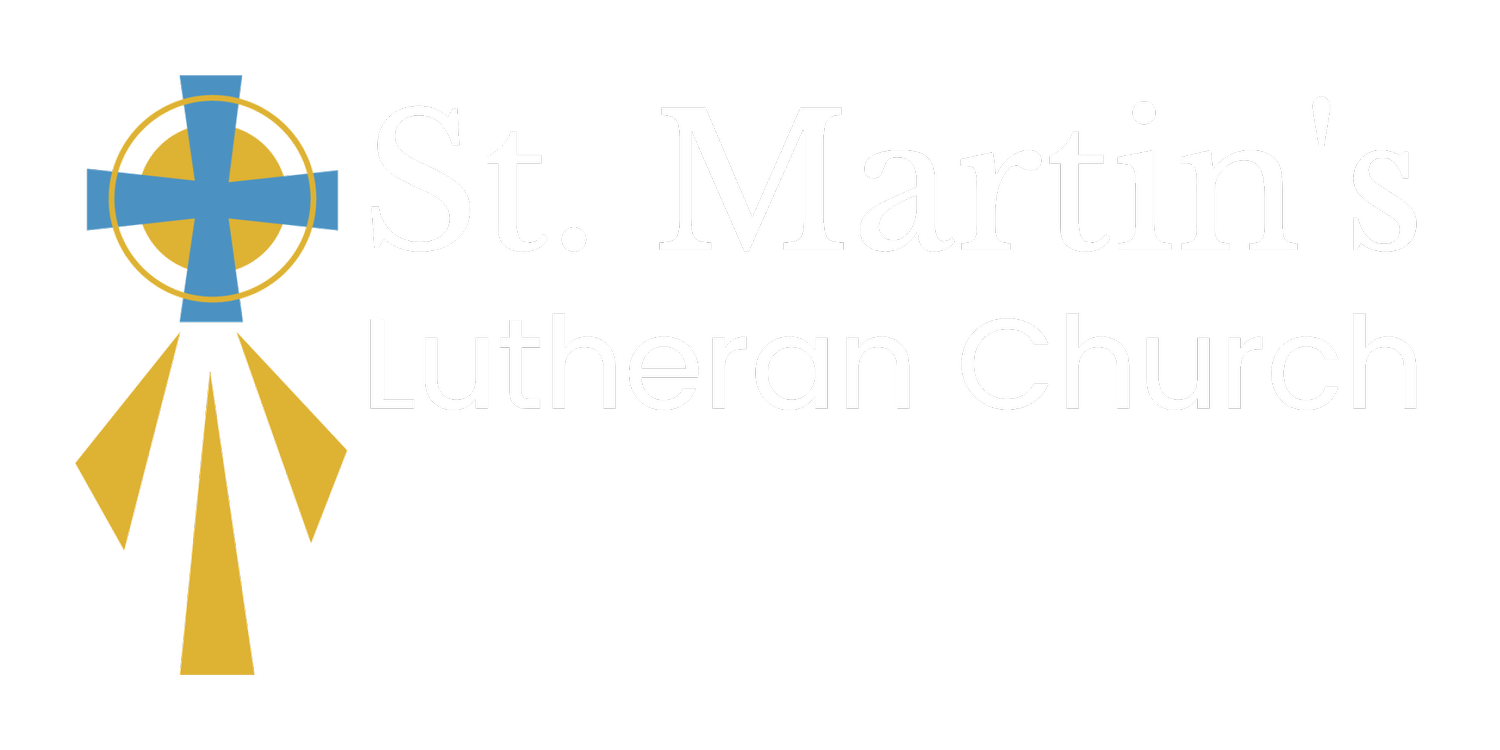
Cross Plains Area Mindfulness Meditation
It is indeed a radical act of love just to sit down and be quiet for a time by yourself.
- Jon Kabat-Zinn
This group is currently on pause. Check back to see when it will return.
Questions? Contact Sandy at sandy@centered-connections.com
What is Mindfulness?
“Mindfulness is non-judgmental awareness of your moment-to-moment experience.” (Sean Fargo)
“Mindfulness is awareness, cultivated by paying attention in a sustained and particular way: on purpose, in the present moment, and nonjudgmentally to the unfolding of experience moment by moment.” (Jon Kabat-Zinn, 2003)
“The first component of mindfulness involves the self-regulation of attention so that it is maintained on immediate experience, thereby allowing for increased recognition of mental events in the present moment. The second component involves adopting a particular orientation toward one’s experience in the present moment, an orientation that is characterized by curiosity, openness, and acceptance.” (Scott Bishop, et. al, 2004)

